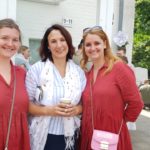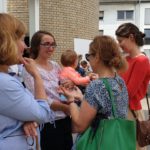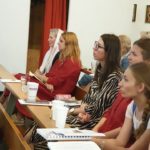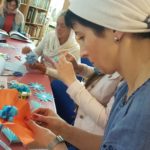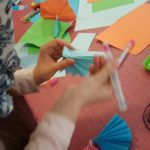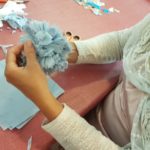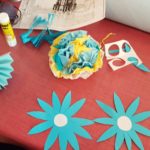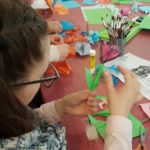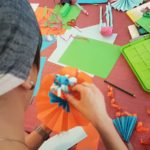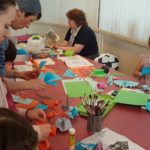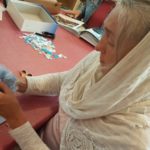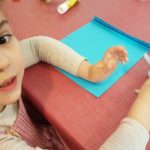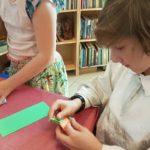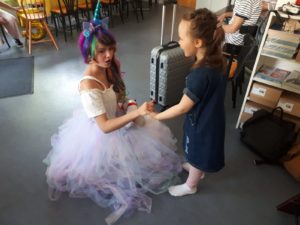Photo from the celebration of the birthday of the boy called Vanya Kaliberda, 9 years old, oncology.
The feast was well-timed in a break between the chemotherapy blocks, so Vanya was able to actively participate in a rich program and play for 4 hours with new friends exploring the mountains of his favourive Lego stuff.
Many thanks to the volunteers of Essen, and their children, who shared this joyful and exciting day with Vanya’s family!
From the parents: deep appreciation and gratitude!
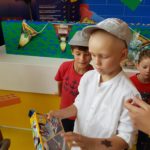
|
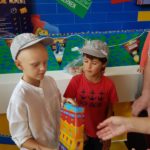
|
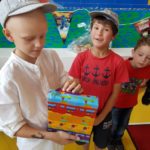
|
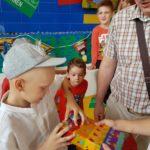 |
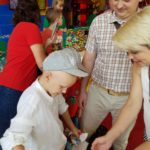 |
 |
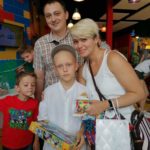 |
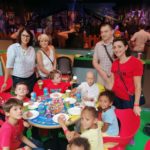 |
 |
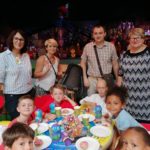
|
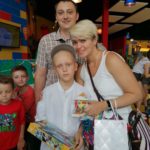
|

|

|
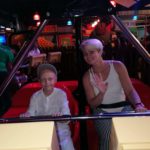
|

|

|

|
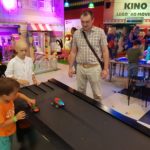
|

|
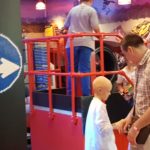
|

|
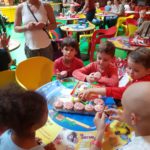
|
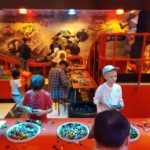
|
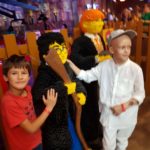
|
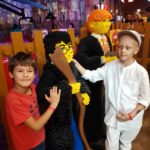
|
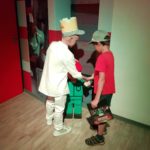
|
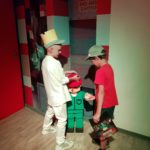
|
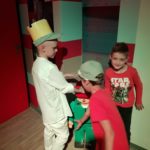
|
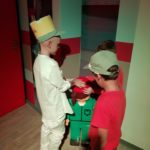
|
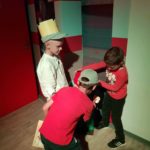
|
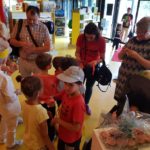
|
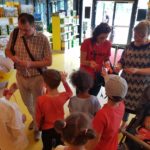
|
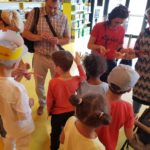
|
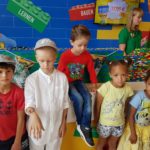
|
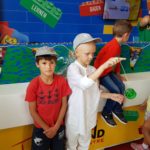
|

|
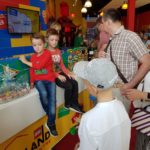
|

|
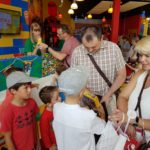
|
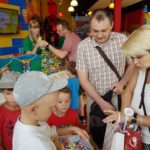
|
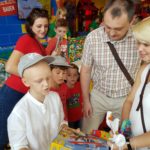
|
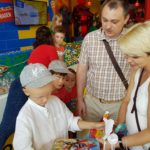
|
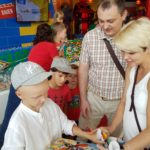 |
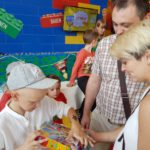 |
Dear friends, thank you for your support.
In May, with the funds raised а SWASH device was purchased for Denis Krasnikov, cerebral palsy, 16 years old, Voronezh, financial assistance was provided to the family of Sasha Provotorov, 6 years old, Gatchina (Leningrad Region), brain tumor, and to other families of
the care-receivers.
In May, we have received and are processing 25 new requests for help, this does not include the requests for assistance that came to our local groups. In addition to simple financial support, our care-receivers frequently ask for help in finding a clinic, solving complex legal issues, translating documents or conversations with a doctor, finding a rare or expensive at home equipment or a medicine, getting to the place of the treatment, finding accommodation, helping with a visa, arranging a feast for a child in a hospital on their birthday, they ask for an advice, a support, a talk, they ask to bring them to a priest. Our volunteers try to help everyone and do everything in our power. And so far they do an excellent job. Yet we will gladly appreciate your participation and support!
Our care-receivers in June: Read more










